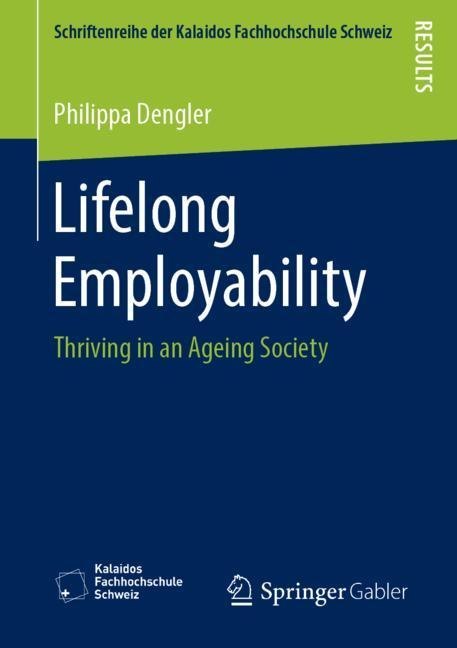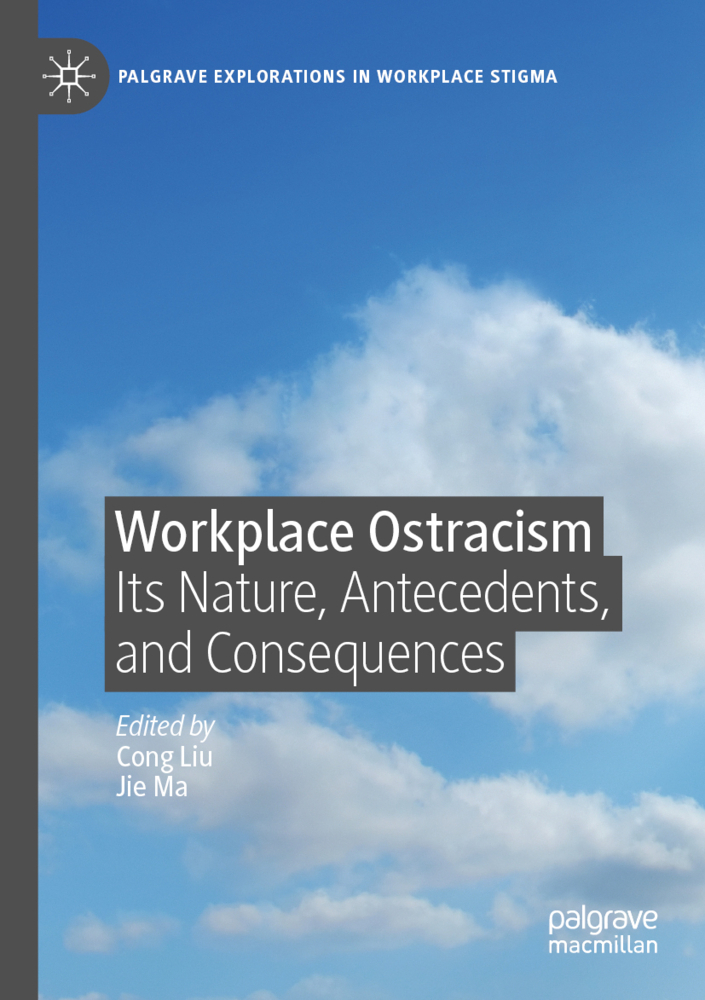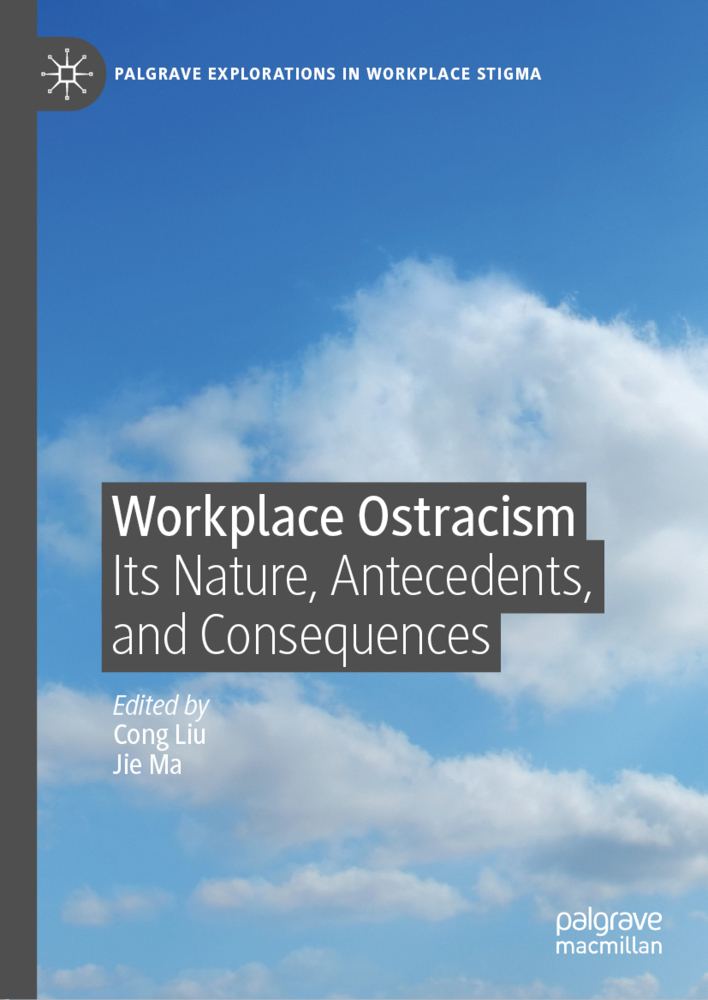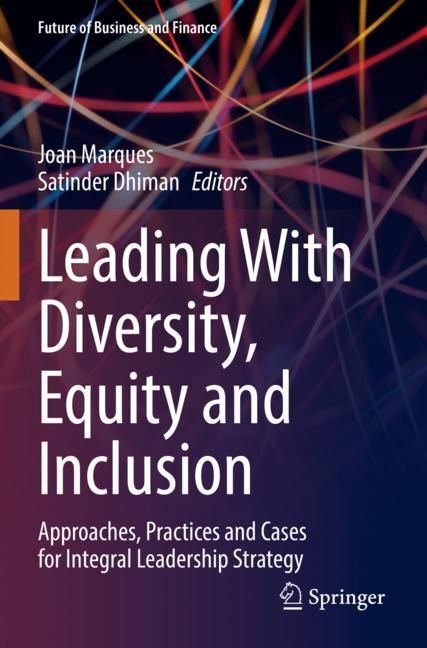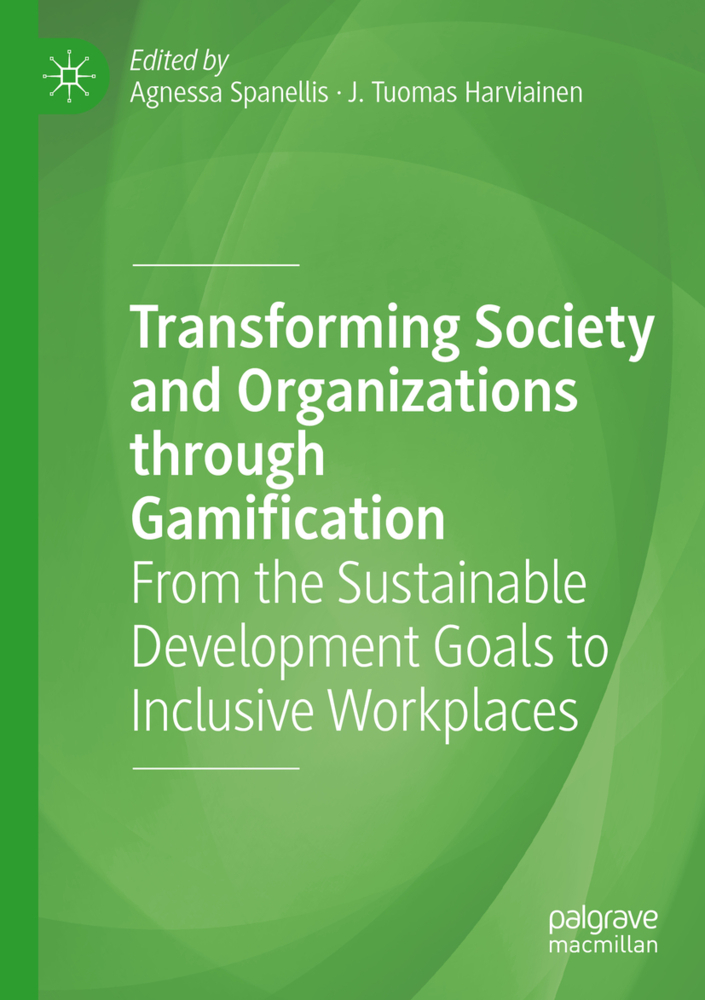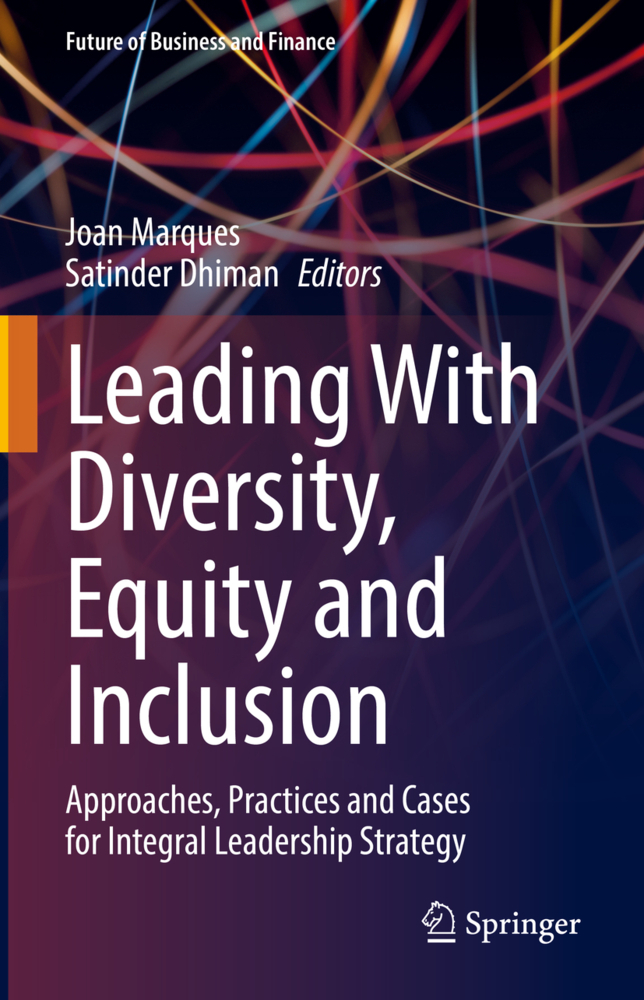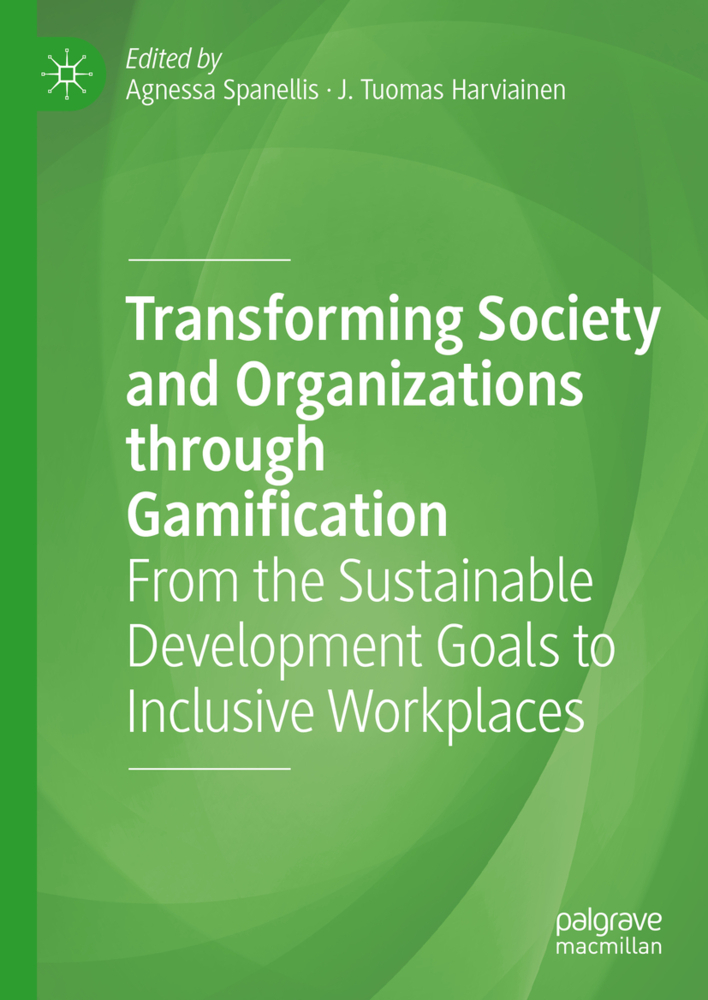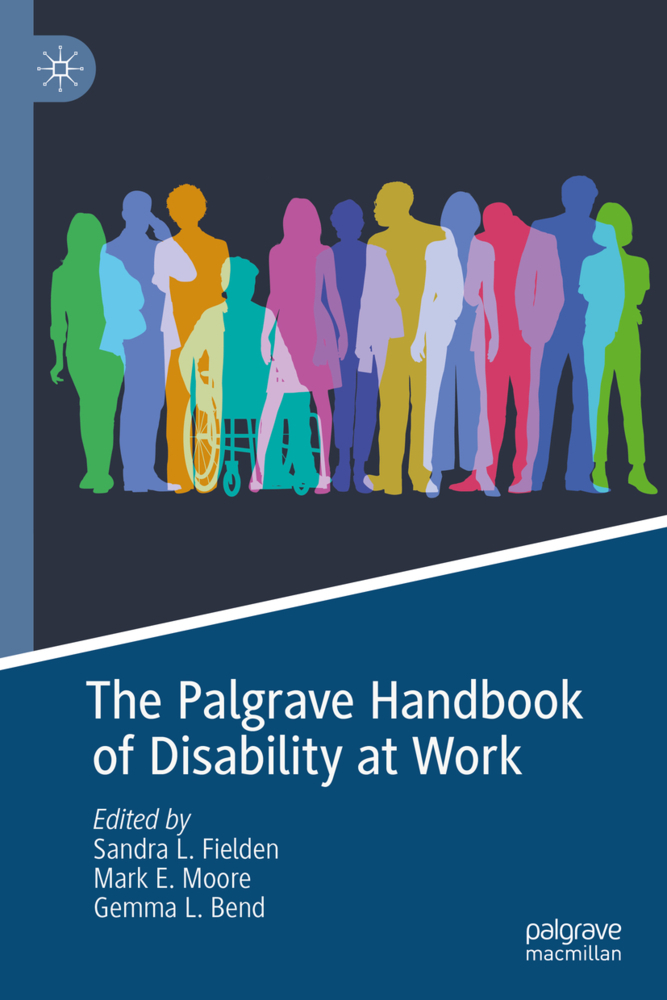Lifelong Employability
Thriving in an Ageing Society
Increased longevity means that current structures for employment and retirement in Switzerland are not sustainable. To enable individuals and companies to thrive in our ageing society, changes in our social norms and attitudes about work and ageing need to occur. Philippa Dengler examines what these changes are, and what companies can do to support their employees to take control of their individual employability for a longer life. The practical implications benefit individuals, the companies they work for, and society as a whole.
Philippa Dengler is the managing owner of a bespoke consulting company in Switzerland. She provides advice and support to companies looking to manage change consciously for sustainable results. She conducted this research as part of her MSc in Economic Psychology.
Philippa Dengler is the managing owner of a bespoke consulting company in Switzerland. She provides advice and support to companies looking to manage change consciously for sustainable results. She conducted this research as part of her MSc in Economic Psychology.
1;Foreword;6 2;Preface;7 3;Table of Contents;8 4;Summary;10 5;List of Figures and Tables;11 6;1 Introduction;12 6.1;1.1 Why Lifelong Employability Is Becoming Important;12 6.2;1.2 Goals of the Study;15 6.3;1.3 Structure;17 7;2 Theoretical Approaches and Recent Research;18 7.1;2.1 Definitions of Employability;18 7.2;2.2 Measurement of Employability;19 7.3;2.3 Precursors to Employability;20 7.3.1;2.3.1 Career Management;21 7.3.2;2.3.2 Lifelong Learning;24 7.3.3;2.3.3 Knowledge Management;26 7.3.4;2.3.4 Age Diversity Management;27 7.3.5;2.3.5 Health Management;30 7.3.6;2.3.6 Networking;31 7.4;2.4 Self-Identity and Social Constructs;32 7.5;2.5 Thinking about the Future;33 7.6;2.6 The Theory of Planned Behaviour;34 8;3 Empirical Research Method;36 8.1;Step 1: Definition of Research Questions;36 8.2;Step 2: Link to Theory;36 8.3;Step 3: Definition of Research Design;37 8.4;Step 4: Definition of Sample and Sampling Strategy;38 8.5;Step 5: Data Collection and Analysis, including Pilot;39 8.6;Step 6: Processing the Study and Presenting Results;41 8.7;Step 7: Discussion in Respect of Quality Criteria;41 9;4 Results;43 9.1;4.1 Characteristics of the Sample;43 9.2;4.2 Interview Findings: Section 1;44 9.2.1;4.2.1 Impact of Demographic Change;45 9.2.2;4.2.2 What Is Employability?;45 9.2.3;4.2.3 Retirement Plans;47 9.3;4.3 Interview Findings: Section 2;49 9.3.1;4.3.1 Career Management;49 9.3.2;4.3.2 Lifelong Learning;56 9.3.3;4.3.3 Knowledge Management;59 9.3.4;4.3.4 Health Management;60 9.3.5;4.3.5 Age Diversity Management;63 9.3.6;4.3.6 Networking;65 10;5 Discussion and Key Findings;67 10.1;5.1 Key Finding 1: Norms and Attitudes;67 10.2;5.2 Key Finding 2: The Psychological Contract;68 10.3;5.3 Key Finding 3: 'Openness to Experience';68 10.4;5.4 Typological Model of Lifelong Employability;69 10.4.1;5.4.1 Operational Definitions;69 10.4.2;5.4.2 Categorisation of Participants;71 10.4.3;5.4.3 Description of the Four Employability Types;74 10.4.4;5.4.4 Practical Implications of the Model;79 11;6 Recommendations;82 11.1;6.1 Data Level;82 11.2;6.2 Structural Level;82 11.3;6.3 Behavioural Level;84 12;7 Conclusions and Outlook;86 12.1;7.1 Limitations of the Study and Avenues for Future Research;89 13;Epilogue;91 14;References;92 15;Appendices;98
Dengler, Philippa
| ISBN | 9783658246242 |
|---|---|
| Artikelnummer | 9783658246242 |
| Medientyp | E-Book - PDF |
| Copyrightjahr | 2018 |
| Verlag | Springer Gabler |
| Umfang | 110 Seiten |
| Sprache | Englisch |
| Kopierschutz | Digitales Wasserzeichen |

